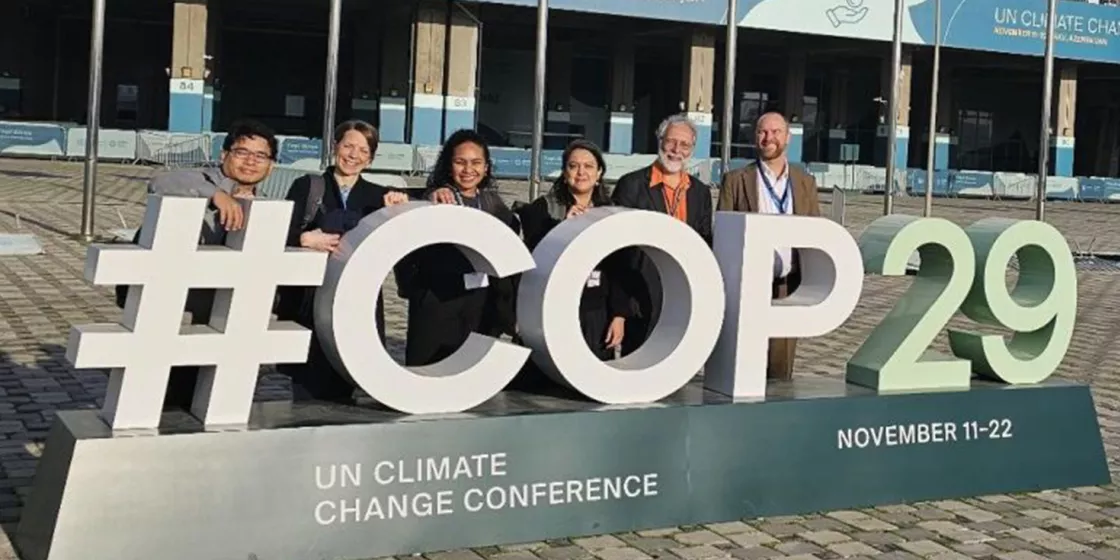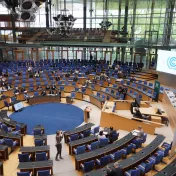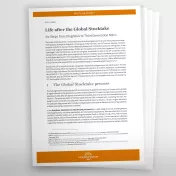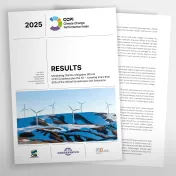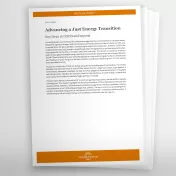Focus pages of the UN climate conferences
2024: COP29 in Baku/Azerbaijan
2022: COP27 in Sharm El Sheikh
2018: COP24 in Katowice/Poland
2016: COP22 in Marrakech/Marokko
Archive: Background papers from past UN climate conferences
Germanwatch has accompanied all UN climate conferences for many decades with information-rich background papers.
An overview of all publications can be found here >>.
